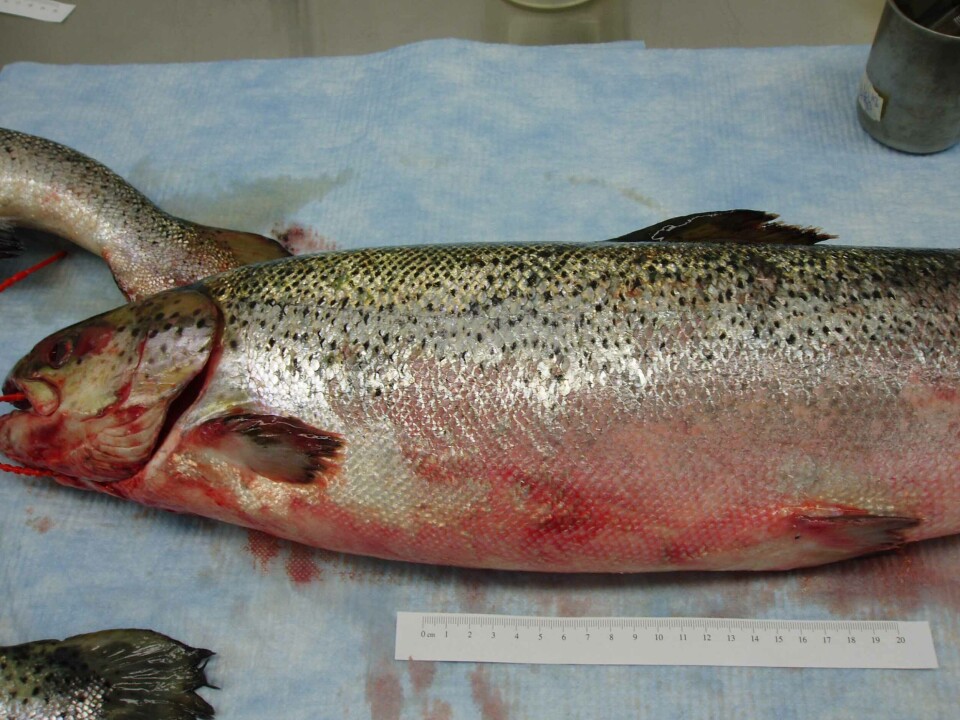
‘Gene scissors’ cutting wait for ISA-resistant salmon
Scientists at Edinburgh University's Roslin Institute and Aberdeen University are using gene editing to speed up the breeding of salmon that are more resistant to infectious salmon anaemia (ISA).
Selective breeding can improve disease resistance in salmon stocks but requires time as it takes place over several generations. Genome editing has the potential to rapidly increase the rate at which disease resistant salmon can be produced.

Genome editing involves the use of "gene scissors" to precisely cut the genome at a specific location, leading to small-scale, targeted changes in the DNA sequence.
Collaboration
Thanks to a BBSRC (Biotechnology and Biological Sciences Research Council) Industrial Partnership Award led by Professor Ross Houston, and colleagues at Roslin, together with Professor Sam Martin and colleagues at Aberdeen University, genome editing technology will be applied to investigate genes underlying resistance to the ISA virus.
In collaboration with Benchmark, the owner of salmon breeding company SalmoBreed, the Institute of Marine Research (Norway), Nofima (Norway), INRA (Institut National de la Recherche Agronomique, France), Marine Science Scotland (Aberdeen) and Cefas (Weymouth), they will aim to increase the resistance of salmon to ISA.
ISA causes severe losses in affected farms, and in Scotland farmers are obliged to cull their stock in the event of an outbreak.
Novel approach
Houston said: "Viral disease presents a major threat to sustainable salmon aquaculture, and breeding for disease resistance is a viable goal. This exciting new BBSRC IPA project will take a novel approach to studying and improving resistance to infectious salmon anaemia in salmon by combining the partners’ skills in quantitative genetics, genome editing and disease biology."
Houston, personal chair of aquaculture genetics at Roslin, is primarily concerned with producing salmon offspring which will be less likely to catch diseases or infection. This is done by looking at the genes of salmon which have contracted these deficiencies and identifying the difference between them and the genes of those which did not.
He also led a team that developed a tool intended to prevent farmed oyster disease outbreaks and improve yields. The SNP chip can measure small genetic variations – known as Single Nucleotide Polymorphisms – that are linked to physical traits.























































